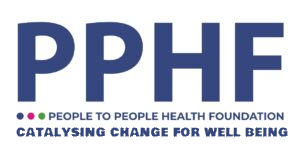
Infectious Diseases
The occurrence of emerging infectious diseases in humans has recently increased and threatens to increase in the near future. Over the last three decades, more than 30 new infectious agents have been discovered around the world, with 60% of these being of zoonotic origin. Given the confluence of existing environmental, socioeconomic, and demographic factors, developing countries such as India bear a disproportionate share of the burden of infectious diseases. In the recent past, India has seen outbreaks of eight organisms of emerging and re-emerging diseases, six of which are of zoonotic origin. Prevention and control of emerging infectious diseases will increasingly necessitate the use of sophisticated epidemiologic and molecular biologic technologies, behavioural changes, and a national policy on early detection.
"The Government of India commendably implemented rapid response activities across the country in response to the COVID-19 pandemic. People to People Health Foundation (PPHF) also assisted the government in scaling up its response to the COVID-19 outbreak in India in order to mitigate the larger impact of the outbreak. PPHF responded to COVID-19 with the help of our partners and working directly with the government at the national and state levels on: "
Despite a spurt in India’s rapid economic growth and growing technological prowess, we continue to face a heavy burden of infectious diseases, including high rates of malaria, COVID-19, HIV/AIDS, tuberculosis, and other neglected diseases. Towards this direction and with the vision to mitigate the problems associated with these diseases, PPHF integrates elements of containing and preventing infetious diseases across its projects.




